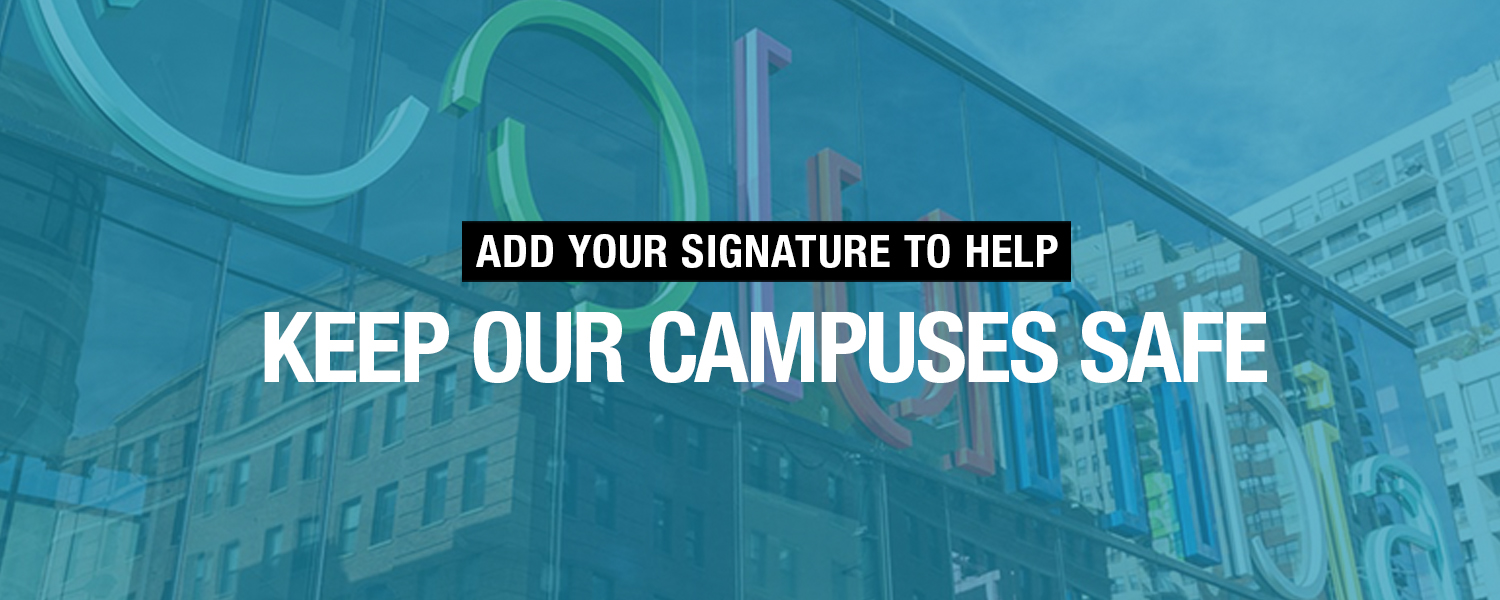Keep Our Campuses Safe
College & University Administrations & Boards, IDPH, and Governor Pritzker

Covid-19 continues to surge in Illinois and across the country. Unfortunately, the Illinois Board of Higher Education’s (IBHE) return to campus guidelines provide no technical requirements based on current scientific findings for protecting students, faculty, staff, and our communities. Further, many private colleges and universities do not fall under the auspices of the IBHE and have no guidance to govern their return to campus plans. As a result, the reopening plans of many Illinois colleges and universities fail to address the general airborne nature of Covid-19, including indoor aerosol spread and buildup, and do not provide adequate safety measures to protect everyone involved.
As cases of Covid-19 continue to climb, we must plan pragmatically and follow the science rather than a desire to return to normal. Concentrating large numbers of students from various locations into a single area increases the risk of large scale Covid-19 spread, particularly in indoor settings. As the CDC notes, the safest option is to limit direct and sustained face-to-face contact. We must stop pretending that it is possible to have education-as-usual without endangering students, faculty, staff, and our communities.
Sponsored by
To:
College & University Administrations & Boards, IDPH, and Governor Pritzker
From:
[Your Name]
Covid-19 continues to surge in Illinois and across the country. Illinois colleges and universities have failed to develop science-based return to campus plans that address the airborne nature of Covid-19 and other risk factors. To prioritize the health and safety of Illinois students, faculty, staff and the surrounding community:
We Demand:
1. Develop a return to campus guideline to provide science-based technical requirements to protect the safety and health of all students, faculty, staff, and communities.
2. Compel colleges and universities to move most classes and work areas to an online or remote format with limited exceptions for course content or skills that simply cannot be learned without a hands-on experience.
3. Require all necessary safety measures to be in place prior to the start of any of the few courses that must meet in person. These safety measures, based on science, must include testing, tracing, and containment procedures and must mandate a risk assessment of the specific classroom/laboratory/studio/theatre (or similar educational setting) to determine the necessary mitigation techniques including, but not limited to, ventilation improvements, the use of appropriate PPE (face shields, face masks, gloves, and similar protection), and use of disinfectants and cleaning schedules.
4. Provide daily updates to students, faculty, staff, and community about the number of infected students and employees, potential exposures, and deaths.
5. Mandate that faculty, staff, and students involved in face-to-face courses must agree to follow the prescribed safety measures.
6. Permit faculty and staff assigned to a face-to-face course to opt-out of teaching the course without negative employment repercussions.